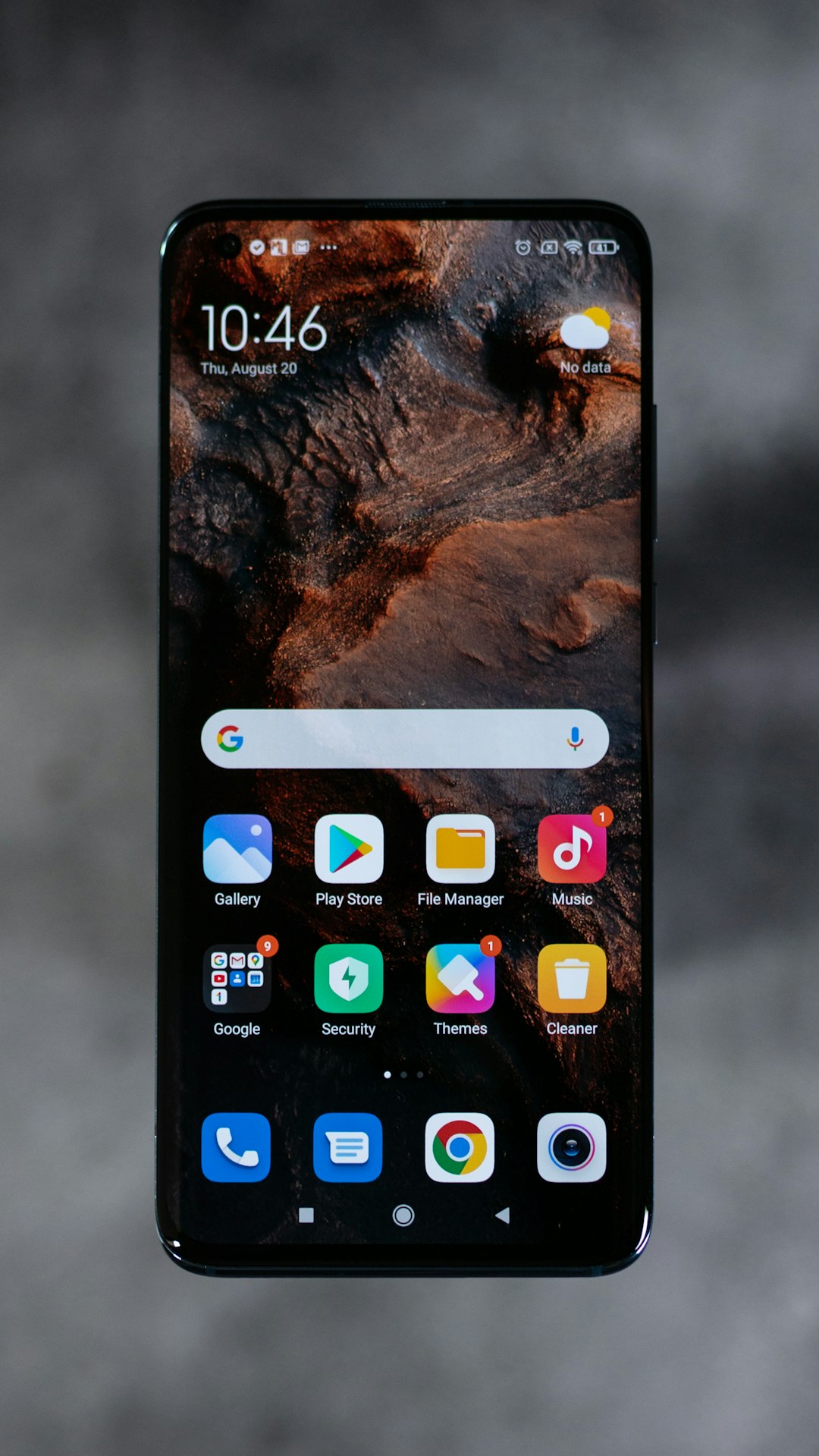California's Do Not Call laws protect residents from intrusive debt collection practices by limiting phone calls from law firms and debt collectors. To comply, legal businesses record opt-out requests and require explicit client consent. Residents can register on the state's list to curb unwanted telemarketing. If suspected wrongful collection practices occur, document interactions and seek legal guidance from the Attorney General or a consumer rights attorney.
In California, the Do Not Call laws are designed to safeguard residents from invasive debt collection practices. These regulations restrict phone calls from debt collectors targeting individuals and businesses that have not granted permission for such communications. The article explores how these laws protect Californians, focusing on who they apply to and what types of debt calls are prohibited. Learn essential steps to enforce your rights if you face wrongful debt collection strategies. Discover the power of California’s Do Not Call laws and how they can shield you from harassment.
Understanding California's Do Not Call Laws

In California, the Do Not Call laws are designed to protect residents from unwanted phone calls, particularly from debt collectors and law firms. These regulations give Californians the right to request that they not be contacted by certain telemarketers or collection agencies. The Do Not Call list in California is a powerful tool for consumers, as it significantly reduces the number of intrusive phone calls they receive.
To ensure compliance, many law firms operating in California have adopted robust practices to respect individual preferences regarding phone communications. This includes obtaining explicit consent before contacting clients and maintaining accurate records of opt-out requests. Understanding and adhering to these Do Not Call laws is crucial for legal businesses aiming to maintain professional standards and foster positive relationships with their California clientele.
Who Is Protected and What Types of Debt Calls Are Prohibited?

In California, the Do Not Call laws protect consumers from unwanted debt calls, offering significant safeguards to residents. These laws are designed to prevent harassment and ensure fairness in debt collection practices. Specifically, it targets phone calls from debt collectors or law firms attempting to collect debts, with a particular focus on ensuring these calls are not made without valid reason and within permissible boundaries.
The Do Not Call laws extend protection to all California residents who have registered their telephone numbers with the state’s Do Not Call list. This includes both landlines and mobile phones. Prohibited debt calls cover a wide range, including those related to personal loans, credit cards, medical bills, and even student loans, as long as they are not made for specific, valid purposes allowed under the law, such as confirming a payment or providing information about a potential legal action.
Enforcing Your Rights: Steps to Take If You Experience Wrongful Debt Collection Practices

If you find yourself facing what you believe are wrongful debt collection practices, it’s essential to know your rights and take immediate action under California law. The Fair Debt Collection Practices Act (FDCPA) is a federal law designed to protect consumers from abusive or unfair tactics by debt collectors. In California, additional state laws further safeguard individuals from harassment or false information during debt collection attempts.
When dealing with what seems like incorrect debt calls, you have several steps at your disposal. First, document every interaction with the collector, noting dates, times, and a summary of conversations. Next, inform the collector in writing that you dispute the debt and demand validation of the claim. Should the issue persist, contact the California Attorney General’s office or consult an attorney specializing in consumer rights to explore legal options, including potential action against the debt collector under the Do Not Call laws.






